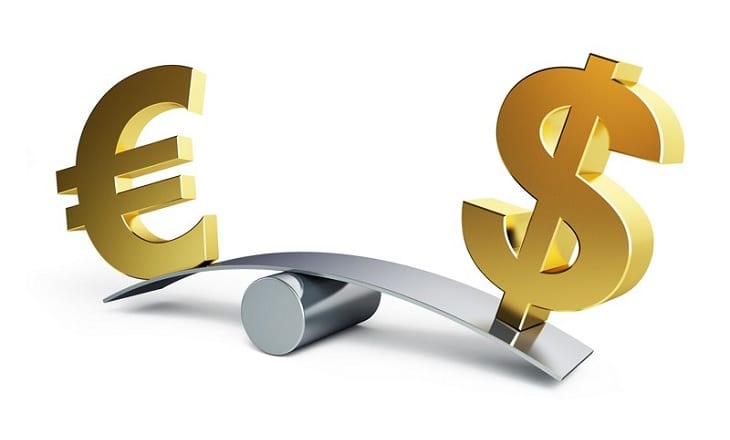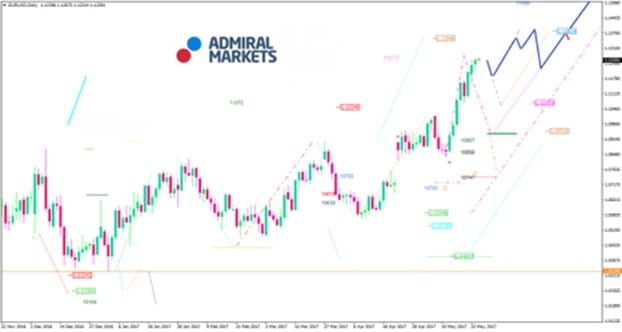The following article was written by Jens Chrzanowski, Member of the Management Board of Admiral Markets Group AS.
Hello,

Jens Chrzanowski, Admiral Markets
This week, I’d like to discuss the Euro (vs. USD). But before I do, please don’t expect a full, detailed analysis – you can find that on our webpages and beyond – I want to look at the bigger picture.
The Current State of Affairs
With the gap up, the Euro has pushed over 1.0800 and has been able to maintain its position – – a marked improvement on its position four weeks ago. The EUR currency seems to be on a real run currently. It’s been pretty stable and moving in an upward trend for months now. There have also been no major backers recently, or they’ve been promptly re-purchased. Overall, the chart is bullish. The Euro is now at a similar level to last November’s high. If it could push over 1.1300, it could mean it has the potential to reach 1.1600, and 1.1720 in the follow-up. Still, the question remains – can it approach these kinds of areas without a substantial setback. The reactors of up to 1.0800, 1.0770 / 60 even, would presently pose no problem.
Source: EUR/USD chart, MetaTrader 4 chart by Admiral Markets, November 2016 to May 2017
What’s the Reason for This?
I believe the Euro is benefiting from the unfavourable political situation in the US, as the shortcomings of the Trump administration continue to surface. The important political goals set for introduction by the Office are increasingly coming out of focus. The largely announced tax reform will take effect no earlier than the beginning of 2018, with the aftermath manifesting itself in due course. In essence, we’re talking about ‘the vacuum state’.
Europe is hardly perfect either. The Greek crisis will be debated in June – with the topic of debt relief continuing to be controversial, with many forgetting that Greece already has €100 billion of debt in the private sector. (The taxpayer has paid the price as the loss of payments has reduced the taxable income of the companies along with the tax.) It’s reasonable to assume that the Greek crisis will not be the ultimate priority until 2018 (not before the German elections). What’s more, Italy and France are yet to get their own national problems under control – high labour costs, a lack of competition in many areas, and rising debt levels.
So, in other words, we all have our faults. One thing is for sure, it’ll be exciting to see price movements fluctuate as such policies take shape both in Europe and ‘across the pond’. For now, this situation is very much: “to be concluded…”
See you next week!
Do you have feedback, concerns, requests, maybe even compliments? I’d love to hear. Please contact me via: [email protected].
Forex and CFD trading carries a high level of risk, and this article should not be seen as advice or solicitation to buy or sell. It’s written for informational purposes only.

